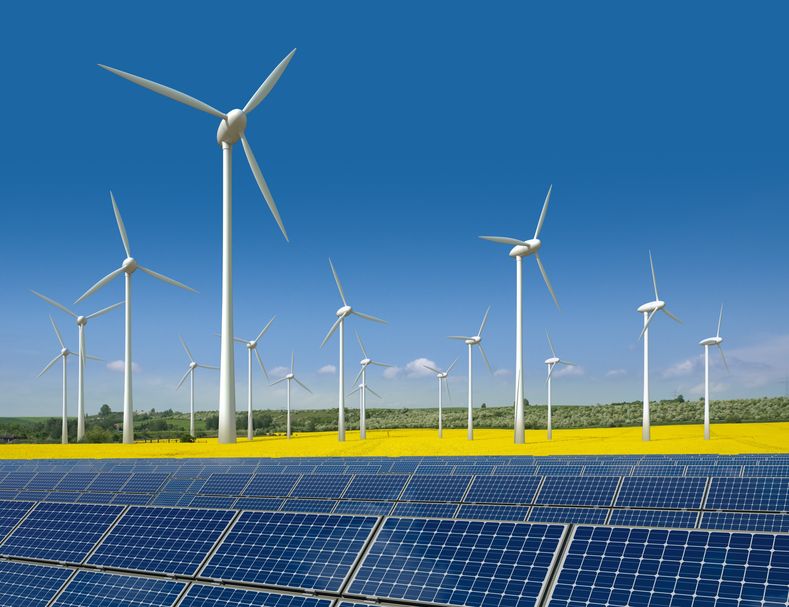
Big investment in energy storage technologies is needed to reduce reliance on fossil fuels and address health risks from air pollution, according to experts.
Protests in May by Extinction Rebellion in Edinburgh and London, a BBC documentary by Sir David Attenborough and a UK visit by the young Swedish environment campaigner Greta Thunberg have thrust climate change back into the headlines.
In May the Committee on Climate Change said Britain should eliminate net greenhouse gas emissions by 2050, while The Times has launched a campaign for new Clean Air Act to grant a legal right to unpolluted air for everyone in the UK.
According to one technology expert, storage will be crucial to remove greenhouse gases and limit pollution from energy production and transport.
However, Ian Ellerington, Head of Technology Transfer at The Faraday Institution, said success could be years away.
“Batteries are really good at coping with peaks and troughs of four to five hours but are as yet nowhere near able to cope with days, months or seasonal shifts,” he says.
“That remains far more difficult to engineer cost-effectively. I’m not too worried as we have natural gas, but longer-term, we’ll need alternatives that provide similar flexibility,” he says, adding that heat storage presents a further challenge.
Storage systems, which include batteries and thermal storage systems, run from very small units to power plant and grid-scale technologies.
They aim to enable electricity to be released into the system when it is needed, rather than only when solar collectors or wind turbines are functioning.
According to James Court, Head of Policy at the Renewable Energy Association, around 2.5GW of subsidy-free solar and energy storage projects are set to be deployed in the UK over the next two years.
“If a farmer has already invested in renewable technologies, energy storage would add extra value to their onsite generation,” he says.
Historically, one of the drawbacks of renewable energy such as solar and wind, has been its production variability.
However, battery technology could help to overcome these peaks and troughs.
Mr Court adds: “It also opens up a range of future diversification opportunities, such as the prospect of hosting charging stations on-farm for electric vehicles.”
